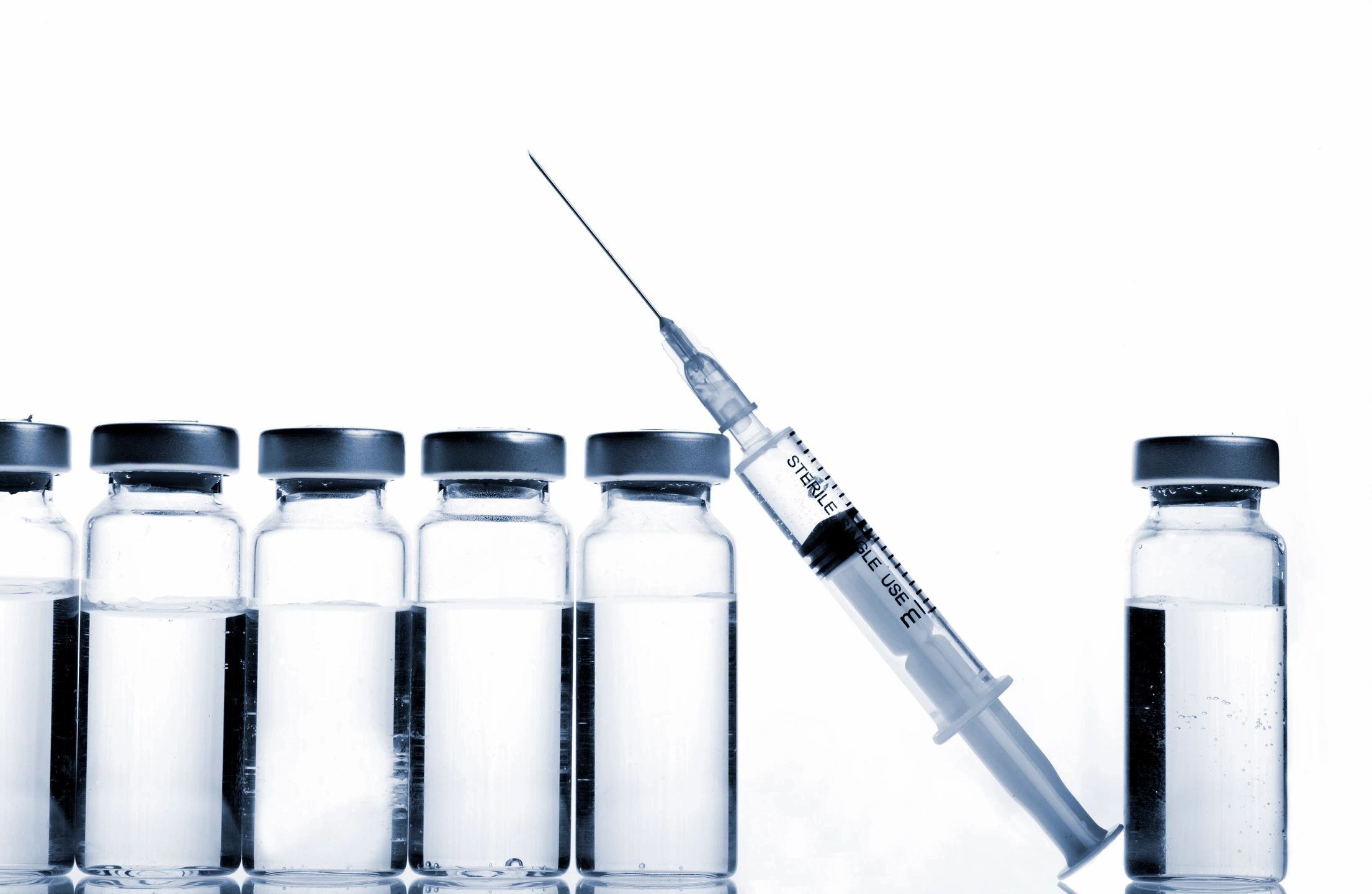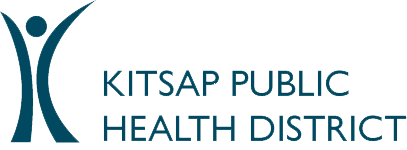
Actions Requested
- Understand that a CDC safety panel has determined there is, in some vaccine recipients, a “probably association” between myocarditis and pericarditis and the mRNA COVID-19 vaccines, made by Moderna and Pfizer-BioNTech.
- Reports of myocarditis and pericarditis after vaccination are rare.
- Cases have mostly occurred in adolescents and young adults under the age of 30 years and mostly in males.
- Most patients who developed myocarditis after vaccination responded well to rest and minimal treatment.
- Continue to recommend age-appropriate COVID-19 vaccination.
- There is a greater risk of serious complications related to COVID-19 than the risks associated with vaccination.
- Counsel patients to seek medical attention if they develop chest pain, shortness of breath, or feelings of having a fast-beating, fluttering, or pounding heart, especially in the first week after vaccination.
- Ask about prior COVID-19 vaccination and consider myocarditis and pericarditis in adolescents or young adults with acute chest pain, shortness of breath, or palpitations.
- For initial evaluation, consider an ECG, troponin level, and inflammatory markers such as C-reactive protein and erythrocyte sedimentation rate. In the setting of normal ECG, troponin, and inflammatory markers, myocarditis and pericarditis are unlikely.
- For suspected cases, consider consultation with cardiology for assistance with cardiac evaluation and management. Evaluation and management may vary depending on the patient age, clinical presentation, potential causes, or practice preference of the provider.
- Report all cases of myocarditis or pericarditis after vaccination to the Vaccine Adverse Event Reporting System (VAERS)
- Reporting the event is mandatory and the responsible party is the clinician who diagnosed the reaction, not the clinician who originally gave the vaccine.
- Access VAERS at: https://vaers.hhs.gov/
- Call Kitsap Public Health’s 24-hour reporting line at (360) 728-22335 or fax 360-813-1168. Include vaccine manufacturer, vaccine date, dose number, VAERS number, and history prior to SARS-CoV-2 infection
- Reporting the event is mandatory and the responsible party is the clinician who diagnosed the reaction, not the clinician who originally gave the vaccine.
For questions, please contact our COVID-19 program staff at 360-728-2235.
Background
Preliminary investigation identified 78 WA residents with reported myocarditis/pericarditis-like symptoms that presented for care between April 9, 2021 and June 10, 2021 after receiving at least one dose of COVID-19 vaccine.
More than 177 million people have received at least one dose of COVID-19 vaccine in the US, and the CDC continues to monitor the safety of COVID-19 vaccines for any health problems that happen after vaccination. Since April 2021 there have been more than a thousand reports to the VAERS of cases of myocarditis and pericarditis happening after mRNA COVID-19 vaccination in the US, particularly in adolescents and young adults. CDC and its partners are actively monitoring these reports, by reviewing data and medical records to learn more about what happened and to understand any relationship to COVID-19 vaccination. Most patients who received care responded well to treatment and rest and quickly felt better. Cases have occurred mostly in male adolescents and young adults aged 16 or older, more often after getting the second dose than after the first dose of the Pfizer-BioNTech or Moderna mRNA COVID-19 vaccines.
Resources
- ACIP Meeting Presentation Slides, June 23-25, 2021 https://www.cdc.gov/vaccines/acip/meetings/slides-2021-06.html
- CDC “Myocarditis and Pericarditis Following mRNA COVID-19 Vaccination,” updated June 23, 2021 https://www.cdc.gov/coronavirus/2019-ncov/vaccines/safety/myocarditis.html
- HHS Statement Following CDC ACIP Meeting from Nation’s Leading Doctors, Nurses, Pharmacists and Public Health Leaders on Benefits of Vaccination, released June 23, 2021 https://www.hhs.gov/about/news/2021/06/23/statement-following-cdc-acip-meeting-nations-leading-doctors-nurses-public-health-leaders-benefits-vaccination.html
